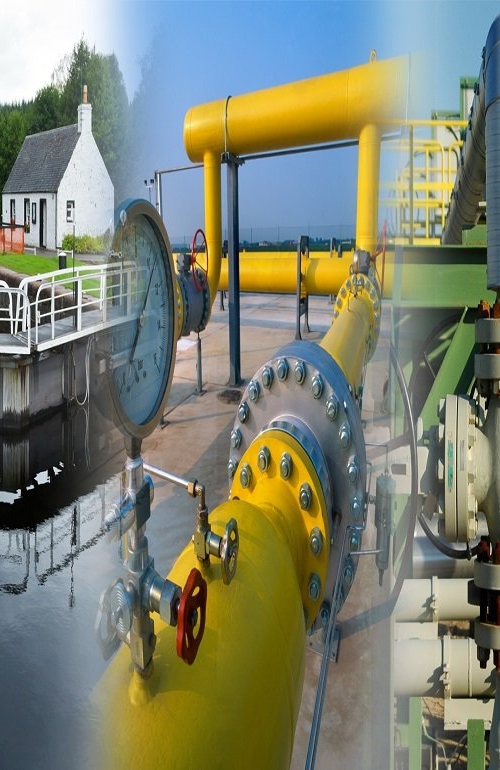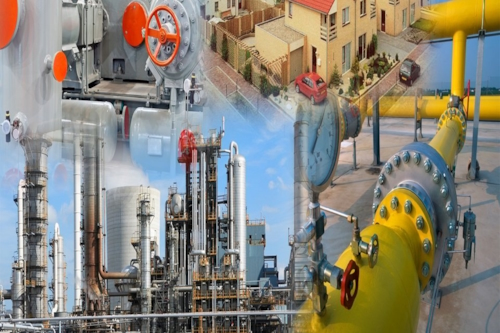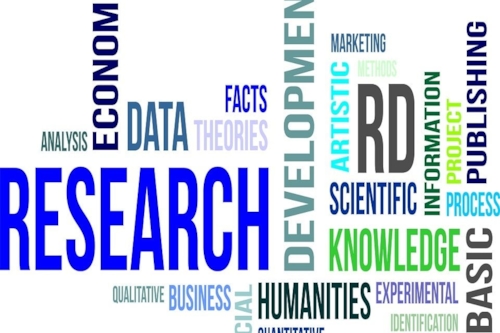
Risk Management and Analyses
Receive a quote tailored to your needs
Internal
Optimisation of your asset management by:
- Introducing the risk management cycle,
- Creating a better alignment between crucial business processes,
- Making the decision-making process transparent,
- Focusing on issues that really matter.
In addition, it is an excellent base for a continuous improvement process.
External
- The added value of certification vis-à-vis external parties is primarily the demonstrability of an optimally organised and therefore continuously improved asset management process and control of your physical business assets.
- Supervisory parties accept PAS 55 and NTA 8120 as a suitable base for a risk management system for your assets and consequently adapt supervision activities accordingly in the case of certified companies.
New regulations for pipeline operators
- The Dutch decree on external pipeline safety (Besluit externe veiligheid buisleidingen or Bevb) imposes obligations on operators of pipelines for transporting hazardous substances.
- The technical and organisational duty of care is explicitly specified in the Bevb decree (article 4).
- The NTA 8000 technical agreement clarifies which management practices are seen as normal and necessary in accordance with standards of reasonableness (explanatory note in relation to Bevb, article 4).
- The supervisory party accepts the methodology of NTA 8000 and applies it as an assessment framework.
The consequences for pipeline operators are as follows
- Pipeline operators must be able to demonstrate that they comply with their duty of care.
- They can do so using the system described in the NTA 8000 technical agreement.
- The requirements with which a risk management system (RMS) must demonstrably comply are central elements within this technical agreement.
Services provided by Kiwa Technology
- Advice on asset management issues.
- Performance of gap analyses (zero measurements).
- Implementation of Risk Management Systems.
- Coordination of NTA 8000 implementation.
- Creation of risk management plans
Target Groups
- Pipeline management authority
- Pipeline operator
- Gas, Electricity or Thermal Power network operator
- Person responsible for installation
- Network management department
- Asset manager
- Asset specialist
- Risk specialist
- HSE manager
- HSE specialist
Temporary Staff
The energy distribution sector is continually evolving and changes inside and outside organisations follow on from one another at a rapid pace. These changes impact on the personnel, employees and manpower in organisations.

Technical Audits, Valuation and Due Diligence
The energy distribution sector is continually evolving. When taking control of networks, it is important to obtain insight into their technical condition. The quality of the assets being acquired is a determinant factor in their value.

Accidents and Incidents Analysis
The independent investigation of incidents enables them to be used objectively as lessons to be learnt for the future. By learning from incidents, the correct measures can be taken to reduce these. For gas network operators in the Netherlands, Kiwa Technology provides a call-out service that can be reached 24/7.

Benchmarking
Benchmarking is one of the possibilities for improving the quality of your organisation and/or processes. If you wish to achieve the objectives that you have set, for example, for your asset management, you will have to translate them into specific, measurable, objective and consistent indicators.

Risk Based Asset Management
Kiwa Technology can offer support to operators of pipelines such as gas distribution companies, water boards and heat energy companies when implementing RBAM.

Data Management and Analysis
You probably collect large quantities of data about your network, including, for example, inspection reports for stations, pipeline leakage detection details, breakdown records or other information.

Feasibility Studies on Alternative Fuels
Kiwa Technology carries out feasibility studies to support gas traders, fleet owners and governments; to facilitate investment, safety, and provide an overview on the possibilities of alternative fuels CNG, LNG, H2 and CH2. To serve this objective, the study covers various aspects of the business concept development.
